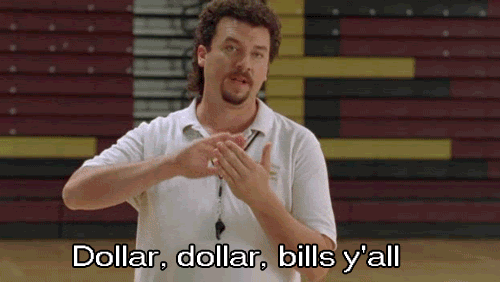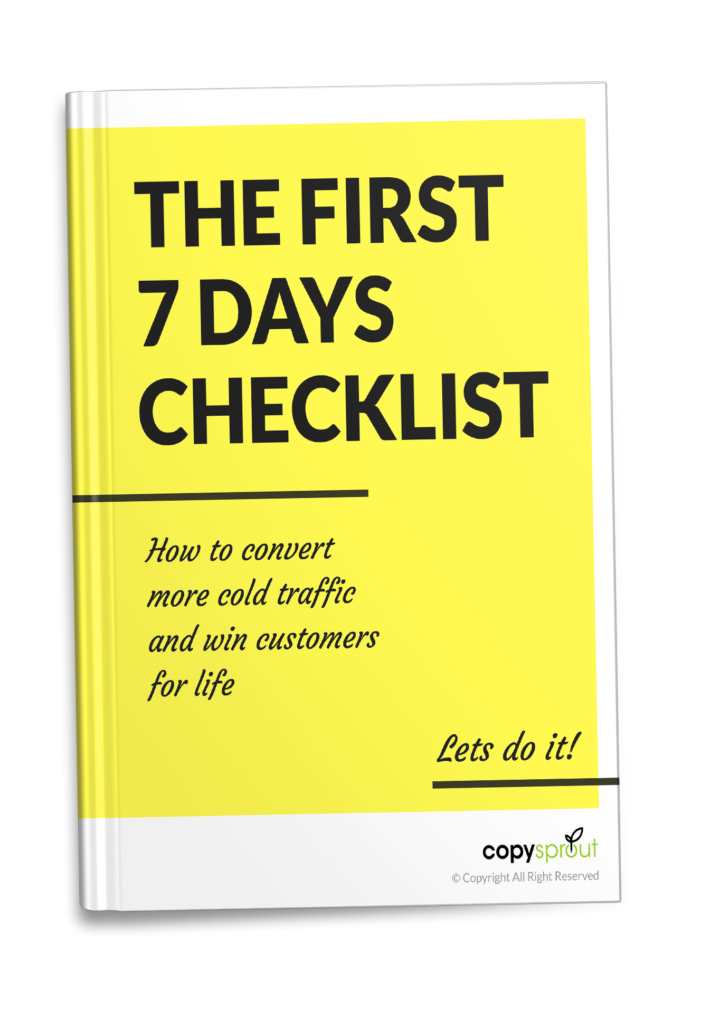If you’re in the online marketing world, you’ve probably heard about royalties. It’s where you write a sales letter, then get a percentage of every sale that letter makes.
I remember when I first learned about this, and I quickly did the math. If it’s possible to make 6 figures a year off ONE sales letter, imagine if I wrote just 4-5 per year! And then I could just sit back while the checks rolled in!

That’s the dream scenario. But now that I’ve earned 6 figures in royalties from a control, I can tell you that the reality is quite different.
For one thing, most companies don’t want to do these royalty arrangements. Nowadays it seems that bonus structures are more common, where you’re given a one-time fee based on how well your copy performs against the control. That means that royalty deals aren’t easy to come by.
And trust me, you don’t want to talk someone into a royalty agreement if they aren’t used to paying royalties. It just doesn’t work out. They will eventually resent sending you those checks, or they won’t be set up for it. Either way, it’s going to lead to a headache you don’t want.
Another problem: You never know for sure if your copy will beat the control. And even if it does win, you don’t know how long it’ll be the new control before someone else comes along and beats you.
So that dream scenario where I write a few sales letters and take off the rest of the year doesn’t really work. My quarterly checks could stop at any time — without much warning — so I can’t count on them to pay the bills.
Finally, you don’t even know how much your royalty check will be for. If your control fatigues or Facebook changes their ad rules or some other unforeseen thing happens, your big, fat check can drop by thousands — or even tens of thousands — of dollars. Again, without warning.
That’s assuming, by the way, that your royalties are ever that big to begin with. For my super successful control, my mentor Parris Lampropoulos told me, “This kind of ruined you, because your very first control was a runaway hit. Usually you might win a control like this once every 5 years.”
In other words, even as I win other controls, I shouldn’t expect them all to bring in that much money. Some products just aren’t as popular or have a smaller market.
What all this means is that I will never count on royalty checks to pay the bills. I view them as a surprise bonus in my mailbox. I open them up, do a happy dance, and put them in the bank.
Which isn’t to dissuade anyone who really wants to beat controls and earn royalties. Because when everything falls into place, it’s incredible.
One sales letter has:
- paid off a car we’d just bought the year before
- built a year-plus family emergency fund (in a year when my husband’s business was severely hamstrung by the pandemic)
- paid off debt from a home improvement project
- built up an emergency fund for my business
…and now we’re considering paying off our house. Because technically, we can. All of that was from just one sales letter … that I wrote almost three years ago.
And not only can you strike gold sometimes, but if you’re as competitive as I am, it’s a rush to go up against controls.
However, like I said, it’s not reliable. That’s why I copy chief for companies, and it’s why I develop products like The First 7 Days Formula (a welcome sequence you can build in less than a day–you can use it with clients if you’re a copywriter, or use it for your business if you’re a business owner).
The idea is that you could write tons of those welcome sequences, fill up your whole calendar, and you’d have income you could count on.
So … that’s what I’ve discovered about writing for royalties. Go for it if you really want it, but keep your bread-and-butter gigs, too.

